Jpl-official-blog - Official Tumblr Of Jet Propulsion Laboratory
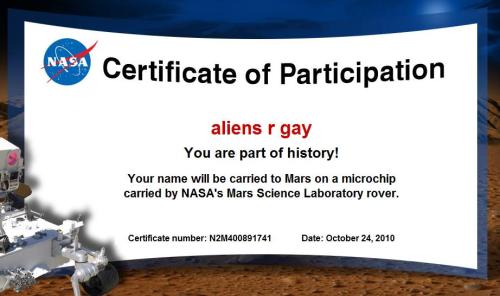
More Posts from Jpl-official-blog and Others
Ahh, scientists. Impatient, but the best






Fifty years ago, a bunch of impatient scientists didn’t want to wait all day for a computer to compute the very first digital photo of Mars, so they colored the printout with pastels and made the print themselves.
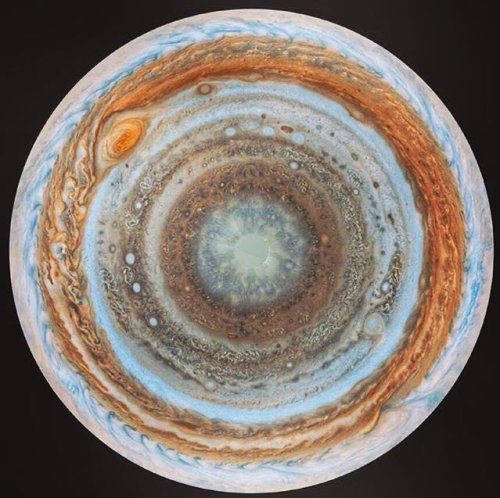
Jupiter’s south pole, taken by Cassini
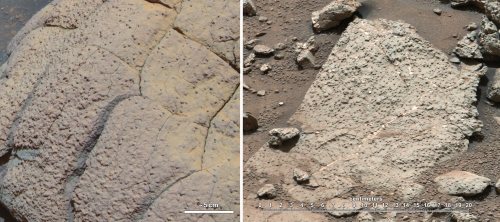


Life on Mars…Maybe
A sample pulled from Mars just last month has been thoroughly examined by the Mars Science Laboratory Mission, and earlier today scientists declared that they have finally found solid evidence that Mars could have once sustained life.
From mission lead scientist John Grotzinger of Caltech:
“We have found a habitable environment that is so benign and is so supportive of life that probably if this water was around and you had been on the planet, you would have been able to drink it.“
Read more via Science Now.
Photos: NASA/JPL-Caltech/Cornell/MSSS
Back-to-Back Friday Spacewalks
On Friday, Jan. 6 and Friday, Jan. 13, astronauts on the International Space Station will step outside to perform spacewalks.

What’s a spacewalk? It’s any time an astronaut gets out of a vehicle or spacecraft while in space. It can also be called an EVA (extravehicular activity).
Astronauts go on spacewalks for many reasons. These activities allow crew members to work outside their spacecraft (in this case the space station).

So what specific tasks will astronauts perform in these two upcoming spacewalks? Let’s take a look…
Both spacewalks are being performed to upgrade the orbital outpost’s power system.

The crew members will install adapter plates and hook up electrical connections for six new lithium-ion batteries that were delivered to the station in December.

NASA astronauts Shane Kimbrough and Peggy Whitson will perform the first spacewalk on Jan. 6. The work will continue Jan. 13 during the second spacewalk, which will be conducted by Kimbrough and ESA astronaut Thomas Pesquet.

Prior to each spacewalk, the new batteries will be robotically extracted from a pallet to replace 12 older nickel-hydrogen batteries through a series of robotic operations.
Watch LIVE Spacewalk Coverage
Friday, Jan. 6 Coverage begins at 5:30 a.m. EST, with astronauts venturing outside at 7 a.m. Watch HERE
Friday, Jan. 13 Coverage begins at 5:30 a.m. EST, with astronauts venturing outside at 7 a.m. Watch HERE
Watch for more…
Make sure to follow us on Tumblr for your regular dose of space: http://nasa.tumblr.com

NGC 7023: The Iris Nebula : These cosmic clouds have blossomed 1,300 light-years away, in the fertile starfields of the constellation Cepheus. Called the Iris Nebula, NGC 7023 is not the only nebula to evoke the imagery of flowers, though. Still, this deep telescopic image shows off the Iris Nebulas range of colors and symmetries, embedded in surrounding fields of interstellar dust. Within the Iris itself, dusty nebular material surrounds a hot, young star. The dominant color of the brighter reflection nebula is blue, characteristic of dust grains reflecting starlight. Central filaments of the reflection nebula glow with a faint reddish photoluminesence as some dust grains effectively convert the stars invisible ultraviolet radiation to visible red light. Infrared observations indicate that this nebula contains complex carbon molecules known as PAHs. The pretty blue petals of the Iris Nebula span about six light-years. The colorful field-of-view stretches almost five Full Moons across the sky. via NASA
js

Nic Cage Rover analyzing a rock

Izzard Truth
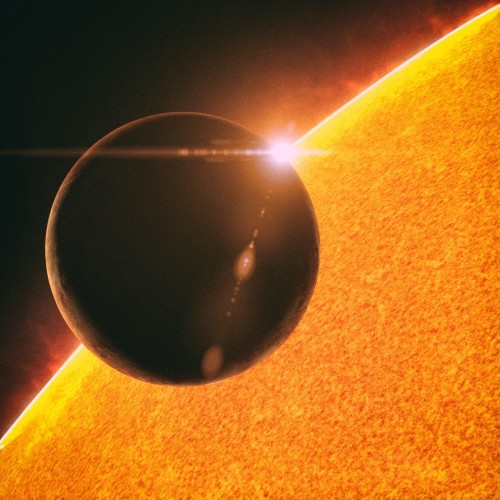
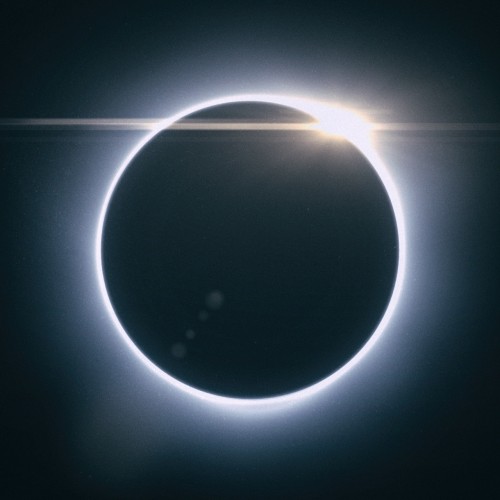

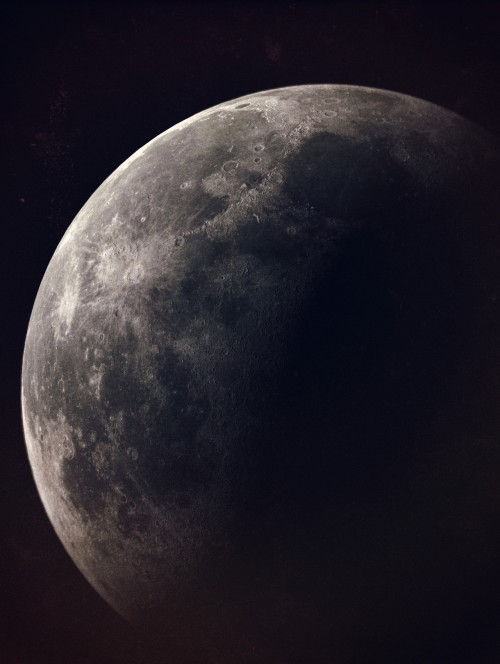

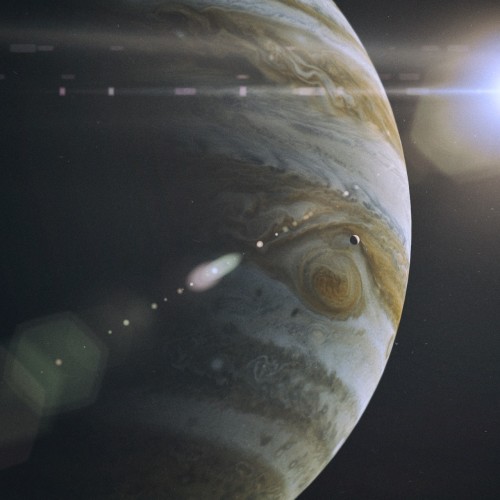
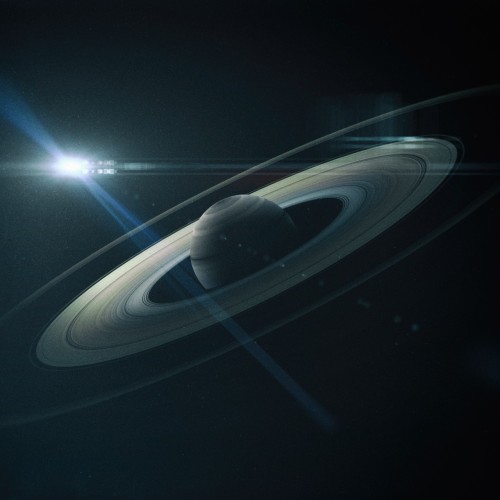
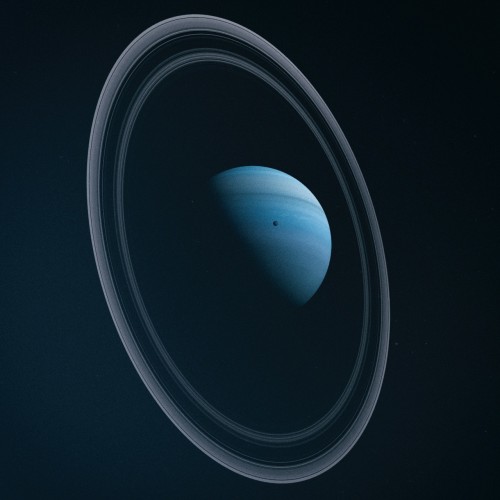
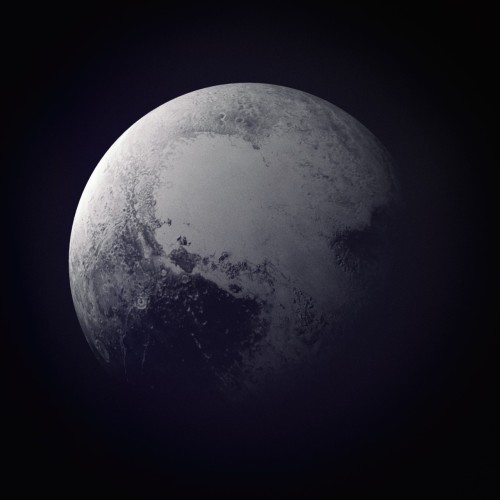
Planet Series - Beau Wright

Keyhole in the Carina Nebula

-
 a-certified-dork liked this · 5 years ago
a-certified-dork liked this · 5 years ago -
 chaoticdynamic reblogged this · 6 years ago
chaoticdynamic reblogged this · 6 years ago -
 miccantspell liked this · 6 years ago
miccantspell liked this · 6 years ago -
 espressonerd liked this · 6 years ago
espressonerd liked this · 6 years ago -
 please-bring-me-pizza liked this · 6 years ago
please-bring-me-pizza liked this · 6 years ago -
 pizzalawyer420 liked this · 6 years ago
pizzalawyer420 liked this · 6 years ago -
 mallow-pineapple-blog liked this · 6 years ago
mallow-pineapple-blog liked this · 6 years ago -
 svnrae reblogged this · 7 years ago
svnrae reblogged this · 7 years ago -
 brinaflute liked this · 7 years ago
brinaflute liked this · 7 years ago -
 yeetgodmcneckasssr liked this · 7 years ago
yeetgodmcneckasssr liked this · 7 years ago -
 nukafucker liked this · 7 years ago
nukafucker liked this · 7 years ago -
 tofu-pofu reblogged this · 7 years ago
tofu-pofu reblogged this · 7 years ago -
 tofu-pofu liked this · 7 years ago
tofu-pofu liked this · 7 years ago -
 sad-eldritch reblogged this · 7 years ago
sad-eldritch reblogged this · 7 years ago -
 sad-eldritch liked this · 7 years ago
sad-eldritch liked this · 7 years ago -
 opalfairy liked this · 7 years ago
opalfairy liked this · 7 years ago -
 corvidmancer liked this · 7 years ago
corvidmancer liked this · 7 years ago -
 fallen-flying-pig liked this · 7 years ago
fallen-flying-pig liked this · 7 years ago -
 theeeds-blog1 liked this · 8 years ago
theeeds-blog1 liked this · 8 years ago -
 the-best-bagel liked this · 8 years ago
the-best-bagel liked this · 8 years ago -
 eimear2012 liked this · 8 years ago
eimear2012 liked this · 8 years ago -
 rainbowgaykittenchaos liked this · 8 years ago
rainbowgaykittenchaos liked this · 8 years ago -
 jomie-tomie-blog liked this · 8 years ago
jomie-tomie-blog liked this · 8 years ago -
 misterspaceguy-blog liked this · 8 years ago
misterspaceguy-blog liked this · 8 years ago -
 jpl-official-blog reblogged this · 8 years ago
jpl-official-blog reblogged this · 8 years ago -
 theblehthatbloos liked this · 8 years ago
theblehthatbloos liked this · 8 years ago -
 fuckabigail reblogged this · 8 years ago
fuckabigail reblogged this · 8 years ago -
 wenndueinwalbist reblogged this · 8 years ago
wenndueinwalbist reblogged this · 8 years ago -
 dont-know-nothing reblogged this · 8 years ago
dont-know-nothing reblogged this · 8 years ago -
 dont-know-nothing liked this · 8 years ago
dont-know-nothing liked this · 8 years ago -
 wordsthatkillus liked this · 8 years ago
wordsthatkillus liked this · 8 years ago -
 demonicpresentingnipples liked this · 8 years ago
demonicpresentingnipples liked this · 8 years ago -
 doesdanielhowelisgay liked this · 8 years ago
doesdanielhowelisgay liked this · 8 years ago -
 metalthorax liked this · 8 years ago
metalthorax liked this · 8 years ago -
 mongolianpigdog reblogged this · 8 years ago
mongolianpigdog reblogged this · 8 years ago -
 mongolianpigdog liked this · 8 years ago
mongolianpigdog liked this · 8 years ago -
 crybabykyloren reblogged this · 8 years ago
crybabykyloren reblogged this · 8 years ago -
 jackvladimeirreikov liked this · 8 years ago
jackvladimeirreikov liked this · 8 years ago -
 squaremomisbestmom87-blog liked this · 8 years ago
squaremomisbestmom87-blog liked this · 8 years ago
37 posts